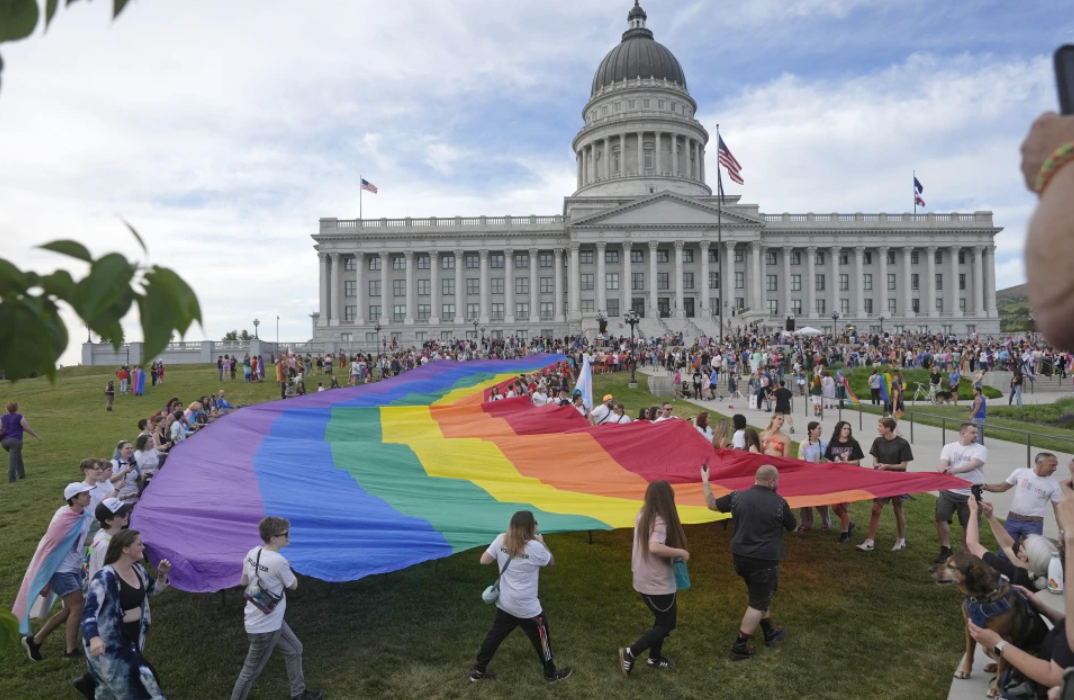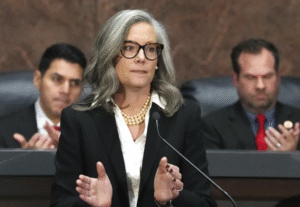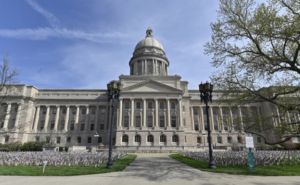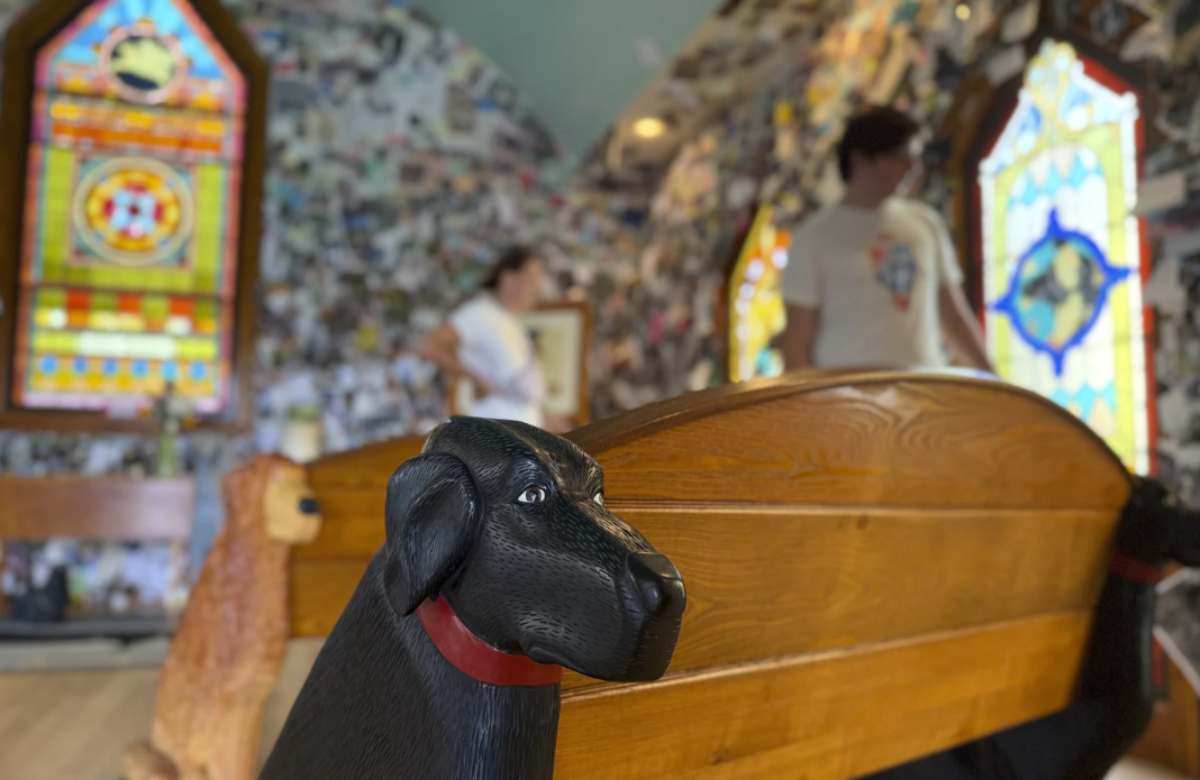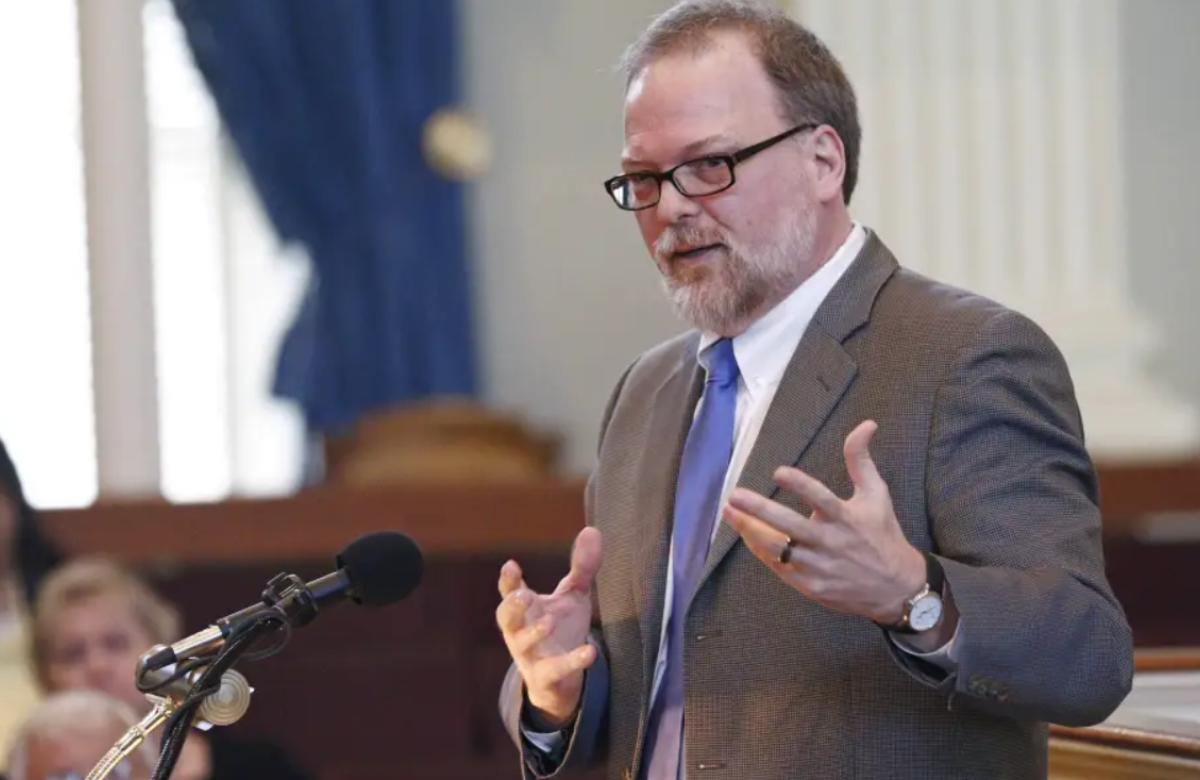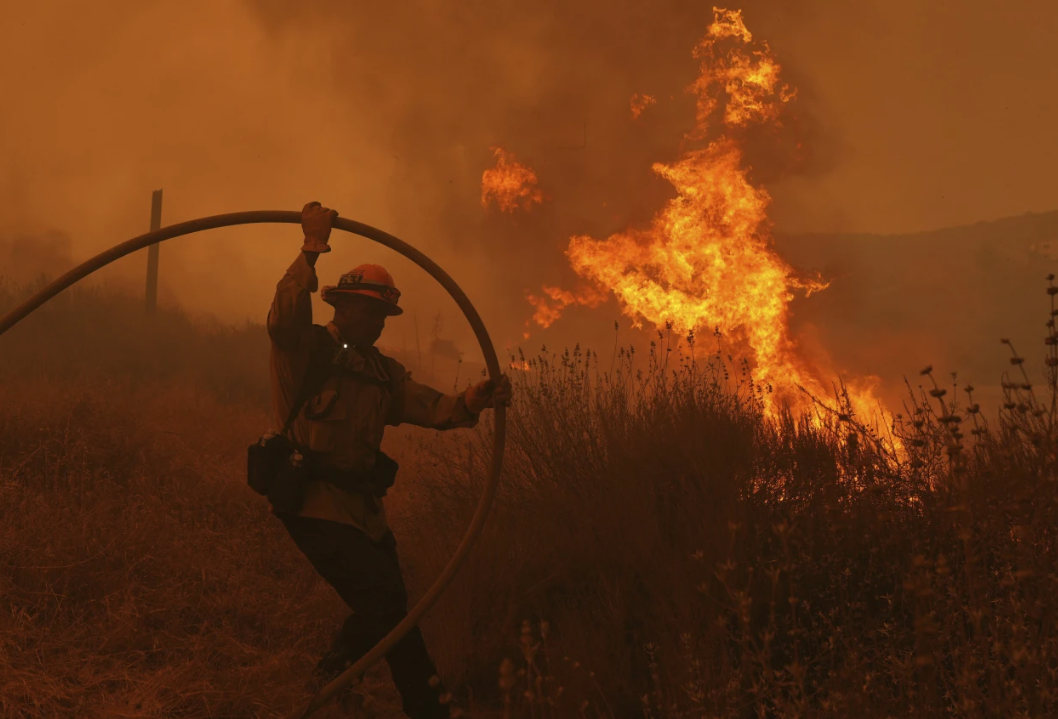Utah has become the first state to ban flying LGBTQ+ pride flags at schools and government buildings after Republican Governor Spencer Cox decided not to veto the measure, allowing it to become law. Despite expressing concerns about the policy, Cox chose not to block the law, acknowledging that his veto would likely be overridden by the state’s Republican-majority Legislature.
Beginning May 7, government buildings at the state and local levels will face a fine of $500 per day for displaying any flag other than the U.S. flag, the Utah state flag, military flags, or a few others approved by lawmakers. This law also prohibits the display of political flags, such as those supporting specific candidates or parties, including the “Make America Great Again” flags associated with former President Donald Trump.
The new law may lead to tension between the state and its largest city. In Salt Lake City, which has a significant LGBTQ+ population, local government buildings often display pride flags during June to celebrate Pride Month. Since the legislation reached Governor Cox’s desk, city leaders have been illuminating the Salt Lake City and County Building with rainbow lights each night as a form of protest against the flag ban.
Andrew Wittenberg, a spokesperson for Salt Lake City Mayor Erin Mendenhall, stated that the city’s legal team is reviewing the new law, and they have not yet determined how they will respond once it goes into effect.
The bill’s Republican sponsors, Rep. Trevor Lee and Sen. Dan McCay, argued that the law is intended to promote “political neutrality” among teachers and government employees. However, critics believe it is an attempt to suppress LGBTQ+ expression and limit the authority of cities and towns that do not align with the state’s Republican-controlled legislature.
In a letter explaining his decision, Governor Cox acknowledged agreeing with the bill’s goal of political neutrality in classrooms but expressed concerns that it overreached by regulating local governments. He also pointed out that the law only targets flags and does not address other forms of political expression, such as posters or lighting.
Governor Spencer Cox addressed the LGBTQ+ community, acknowledging that recent legislation has been challenging for them. He expressed empathy, saying, “Politics can be a bit of a blood sport at times, and I know we’ve had our disagreements. I want you to know that I love and appreciate you, and I am grateful that you are part of our state.” While he recognized that his words might feel insignificant to many, he assured the community that he meant them sincerely.
Cox’s announcement came just hours after the Sundance Film Festival revealed it would be moving from its long-time home in Park City, Utah, to Boulder, Colorado. The new flag law sparked last-minute concerns that it could drive the renowned independent film festival out of the state. While festival leaders said that state politics didn’t directly influence their decision, they did consider “ethos and equity values” during their nationwide search for a new location. In their statement, they referred to Boulder as a “welcoming environment.”
Utah’s new flag law goes beyond a similar measure recently signed in Idaho, which only applies to schools. However, Idaho Republicans are also pushing a separate bill that would ban certain flags from being displayed on government buildings.
Meanwhile, Florida lawmakers have introduced a proposal to prohibit pride flags and other flags representing political views in schools and public buildings. This comes after similar efforts failed in the past two legislative sessions. Some federal agencies, such as the Department of Veterans Affairs, have also restricted which flags can be flown at their facilities.
